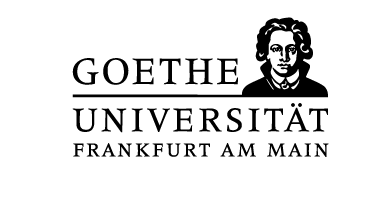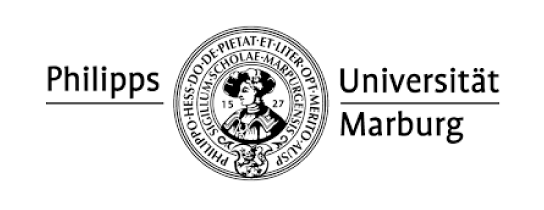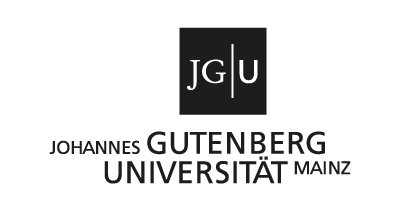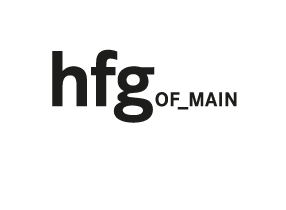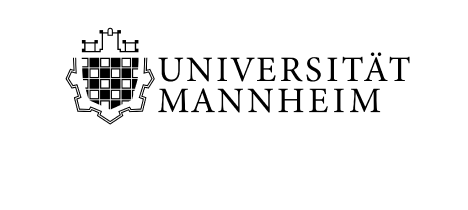Pulsing Images. Interventions into the Unavailability of Images in Lebanese, Palestinian, and Israeli Cinema
The dissertation examines various forms of the unavailability of images in Lebanon and in Israel/Palestine: films and photographs that, for political reasons or due to historical developments, have been withdrawn from view, rendered materially inaccessible, or no longer exist (censored, destroyed, undone, unfinished, etc.).
At the center of my inquiry are contemporary films and other artistic projects that trace the remnants of these images and experiment with diverse aesthetic practices in order to intervene in their unavailability, to engage with it, and to bring forth its potentialities. The epistemological framework of these projects is not grounded in a positivist notion of representation; rather, it acknowledges strata of the invisible as real and constitutive of reality. Accordingly, I investigate the modalities—or meta-levels—into which images are transferred or through which they move when, by means of cinematic-artistic interventions (which simultaneously function as inventions), they are re-situated, re-discoursed, and re-activated, without their unavailability ever being fully overcome.
This required me, in turn, to pursue a variety of approaches and exploratory movements that go beyond classical film analysis, interviews with artists, archival research, and engagement with scholarly literature. Methods of microhistory and oral history, visits to filming locations and sites, and above all a subjective participation in the pulsations of images across diverse forums and communities, repeatedly compelled me to recontour the media-theoretical question of what constitutes film, moving images, or the cinematic as such—where and when film begins, and where it resides when it no longer is. In what form does a film exist before it is realized and shown—for instance, in the form of notes or screenplays? And within which systems of reference does a film circulate when it is no longer available—for example, when a censored or destroyed film is recounted? In this context, I examine the roles of paratexts as well as speculation, fabulation, imagination, and memory.
In this sense, the dissertation explores what can be known about images that have become unavailable, the role of cinematic-artistic practices in this process, how knowledge of their unavailability and its underlying causes intervenes in particular discourses and narratives, and how images can become effective from within their unavailability—reorienting the gaze toward political events and historical developments.
Profile
Iris Fraueneder is a film and media scholar. Her dissertation Pulsing Images, which she defended at the University of Zurich in July 2025, explores absences and alternative modes of existence of images from Lebanon and Israel/Palestine, which for political and historical reasons are deprived of visibility, materially unavailable, or inexistent. It examines contemporary interventions in the unavailability of these (moving) images, focusing on filmic practices that propose an understanding of reality that is not representation-positivist, but also considers layers of the invisible as real and constitutive of reality.
Currently, she works at the Ludwig Boltzmann Institute for Digital History and teaches at the Institute for Theater, Film and Media Studies at the University of Vienna. Since 2015, she has been active with the film curatorship collective “Diskollektiv”. From 2017 to 2021 she was an SNF research fellow at the University of Zurich in the project “Contested Amnesia and Dissonant Narratives in the Global South”. As part of her doctoral project, she participated in the PhD-lab “Epistemologies of Aesthetic Practices” (Collegium Helveticum) and was affiliated with the Orient Institute Beirut and the American University Beirut. From 2017 to 2020, she was an associate member of the Graduate Research Training Program “Configurations of Film”.
